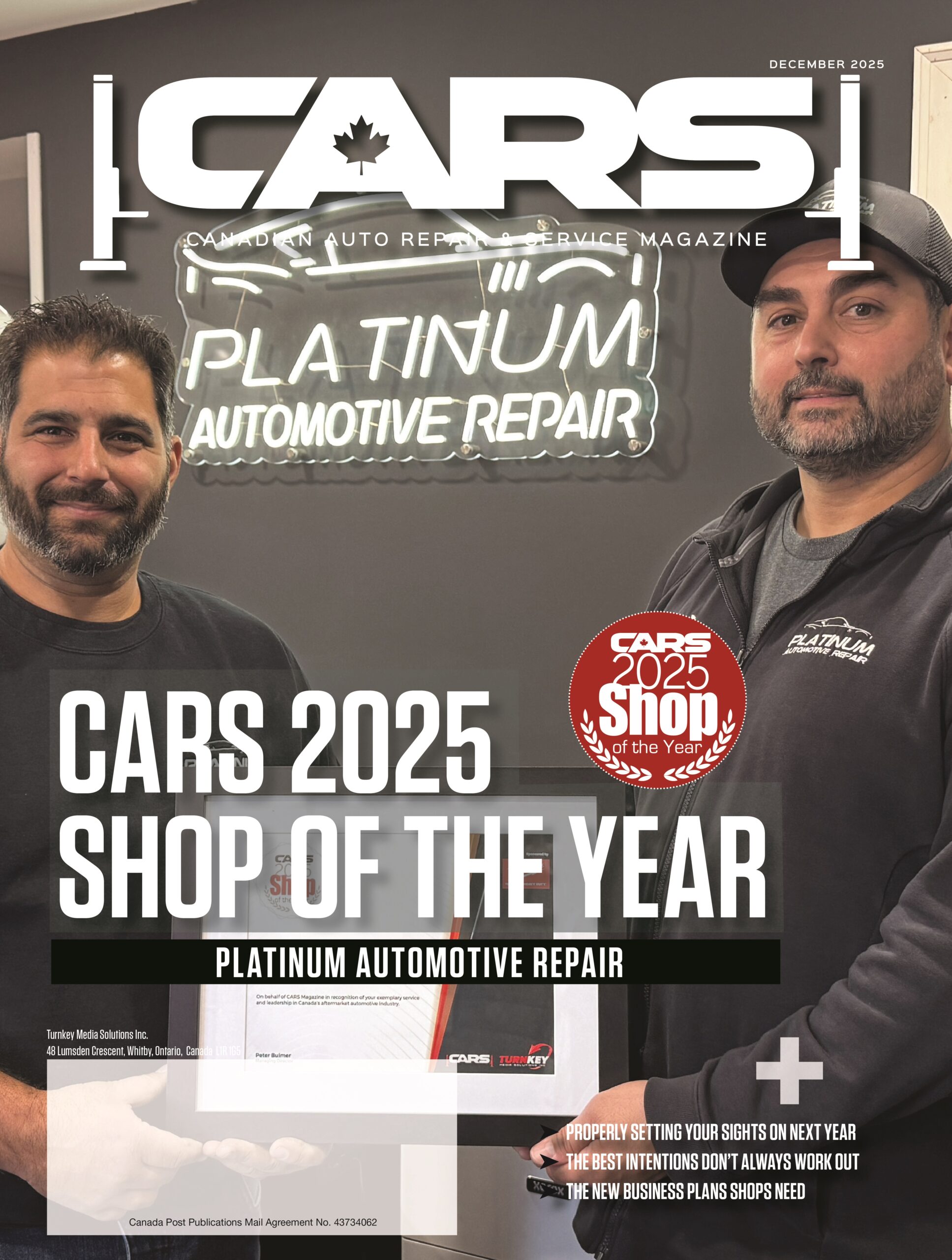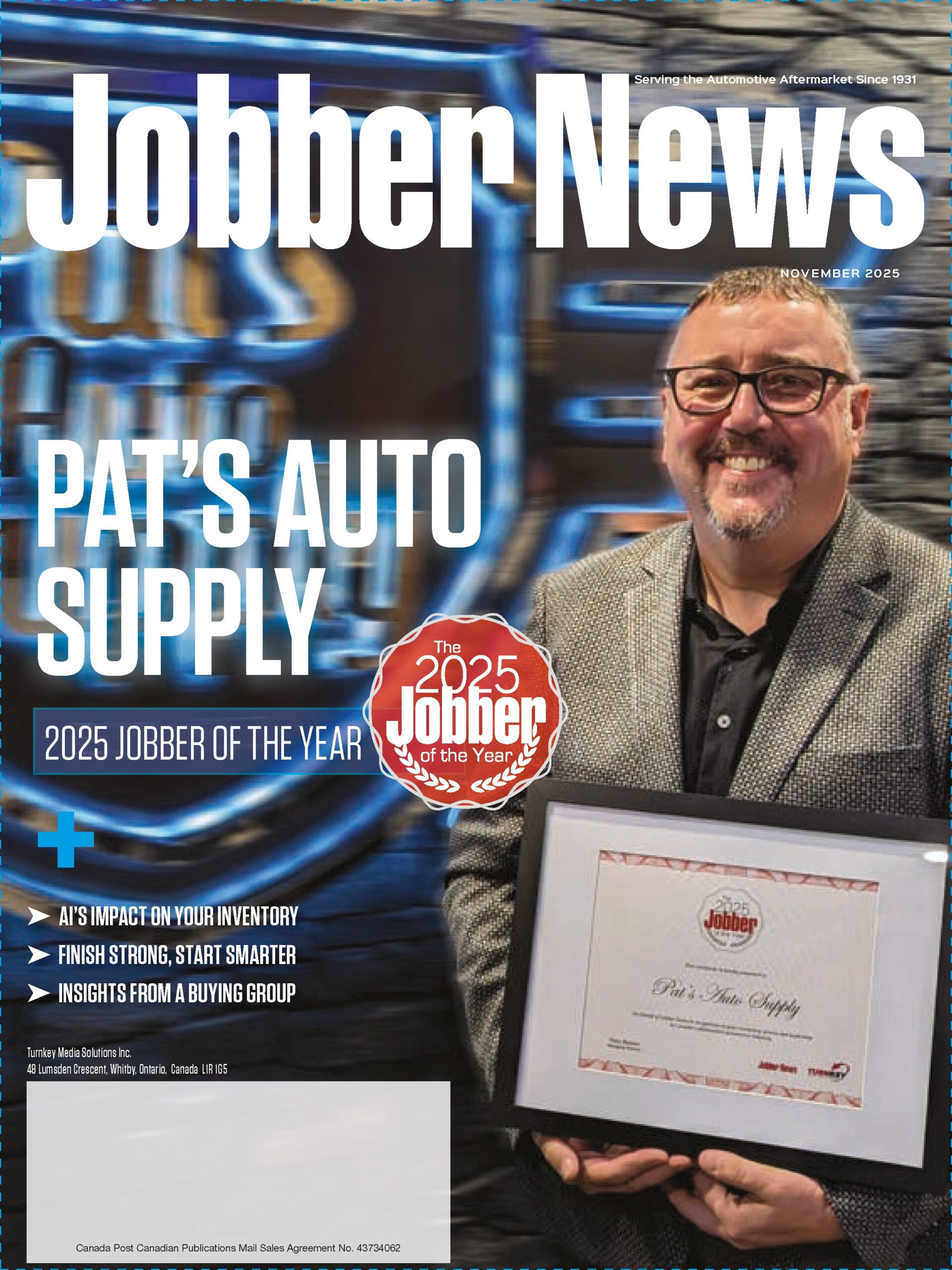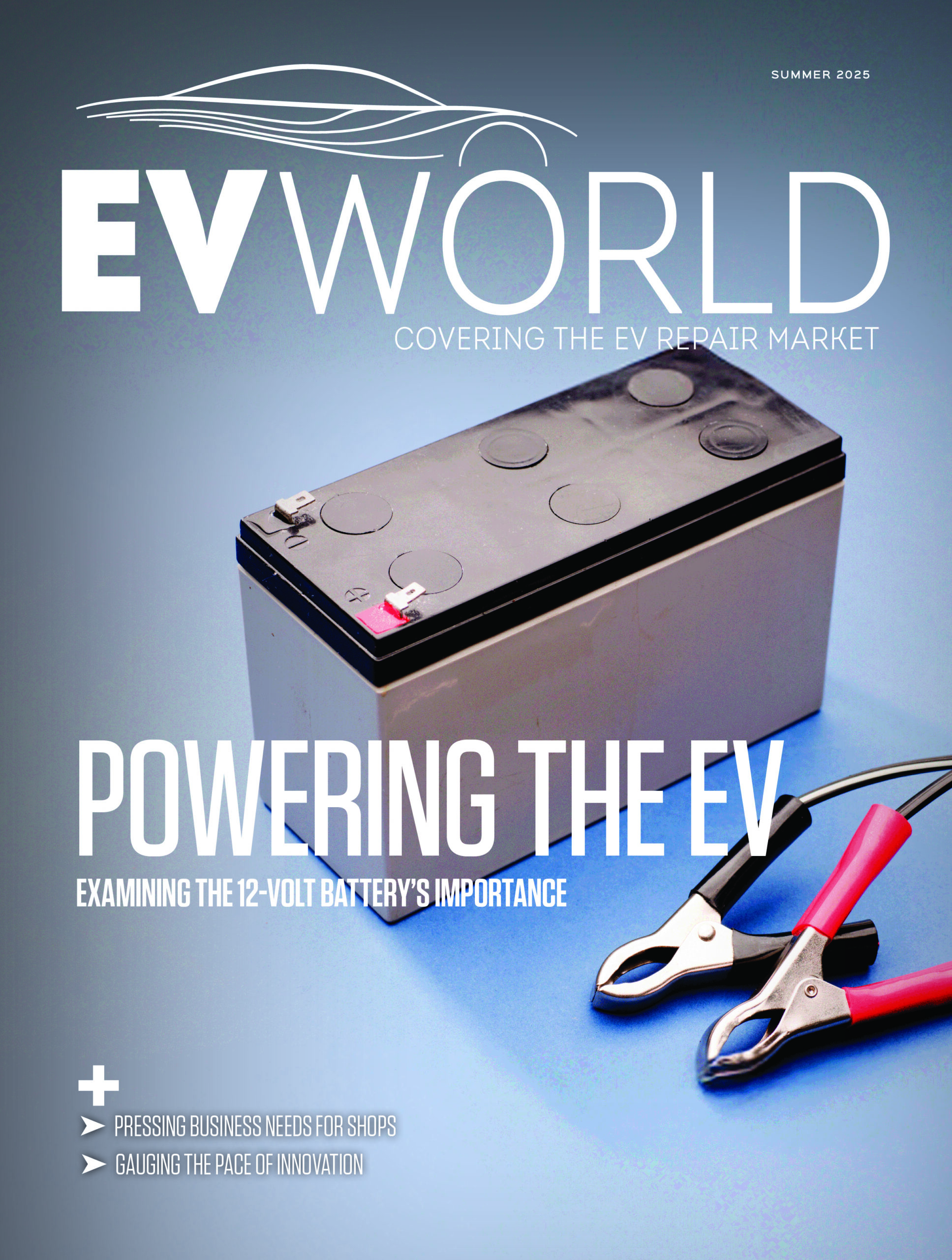
With leaders in the automotive and political circles and beyond wondering about the future of the free trade agreement covering North America, attendees of a recent aftermarket conference heard from a Mexican leader about their views on what’s ahead.
Omar Martinez, from Industria Nacional de Autopartes, which represents automotive parts suppliers in Mexico, highlighted the critical importance of the USMCA trade agreement at the MEMA Aftermarket Suppliers Global Summit in Miami, emphasizing its role in the integration of the North American automotive supply chain.
“I believe that USMCA is going to be the main topic of our agenda,” Martinez stated, underscoring the significance of the agreement, which has facilitated more than 30 years of successful negotiation and supply chain integration.
“Basically, when we talk about any component or any automotive part that is being assembled in any vehicle, it doesn’t matter if it’s going to be assembled in the United States or in Canada. We should consider that component is going to cross borders nearly seven or eight times,” he observed.
Martinez highlighted the deep integration of the supply chain, attributing it to the confidence developed in the North American automotive industry over the past three decades. This integration has been crucial for Mexico’s growth in manufacturing for the region.
“We are neighbours of one of the most important markets worldwide. Also, it’s important to consider the labour cost. And when we’re talking about the availability of skill in Mexico. You’re going to find high-talented people in Mexico at an accessible labour cost.”
He emphasized the importance of training programs developed by major manufacturers in Mexico to prepare the workforce with the necessary skills for both original equipment and aftermarket sectors.
“There are a lot of developments of training programs that are being developed by the main manufacturers established in Mexico in order to prepare the people to get ready to have all the skills,” he noted.
Martinez stressed the achievements of the past 30 years, noting that North America is the most important region for the global automotive industry.
“All of what has been achieved during these 30 years, we can see the results,” he said. “North America is the most important region in terms of the automotive industry worldwide.”
Looking ahead to the potential renegotiation of the USMCA in 2026, Martinez urged caution and reflection on the region’s accomplishments. “The main message will be: Let’s not forget about what we have built as a region. Keep with that, and let’s analyze what we are facing.”
He raised concerns about the impact of tariffs on the industry, particularly for original equipment manufacturers.
“For example, we start talking about tariffs. Do we really agree that this will be a great idea — having tariffs in this moment? Maybe for the aftermarket, there won’t be a lot of issues. But when we talk about, for example, original equipment, we should get worried a little bit about it,” Martinez said.
Martinez wrapped up his thoughts by highlighting the broader implications of tariffs, urging careful consideration of the potential consequences.
“And not only for the automotive industry, consider also some other manufacturing industries,” he said.
Image credit: Depositphotos.com













Leave a Reply